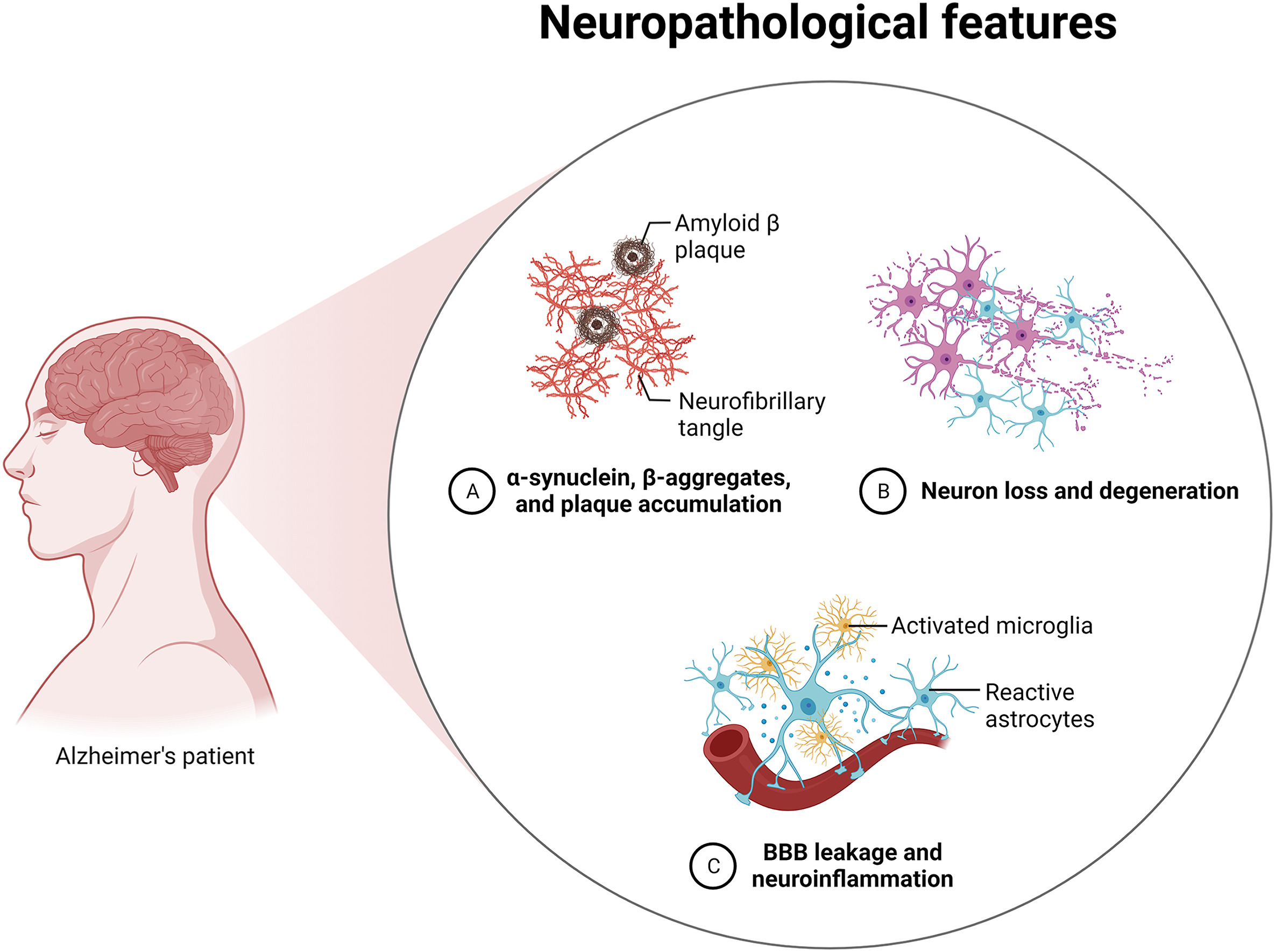International Youth Day 2025
International Youth Day (IYD) is dedicated to drawing attention to the cultural and legal issues surrounding youth. Established by the United Nations in 1999, this day serves as a platform for governments and organizations to address the challenges faced by young people and to recognize their contributions to global development. Observed annually on August 12th, IYD encourages activities that promote awareness, dialogue, and action on youth-related issues.
The Significance of Youth
Sleep and Sport: Physical Performance, Mental Performance, Injury Prevention, and Competitive Advantage for Athletes, Coaches, and Trainers, 2024, pp 137-164


